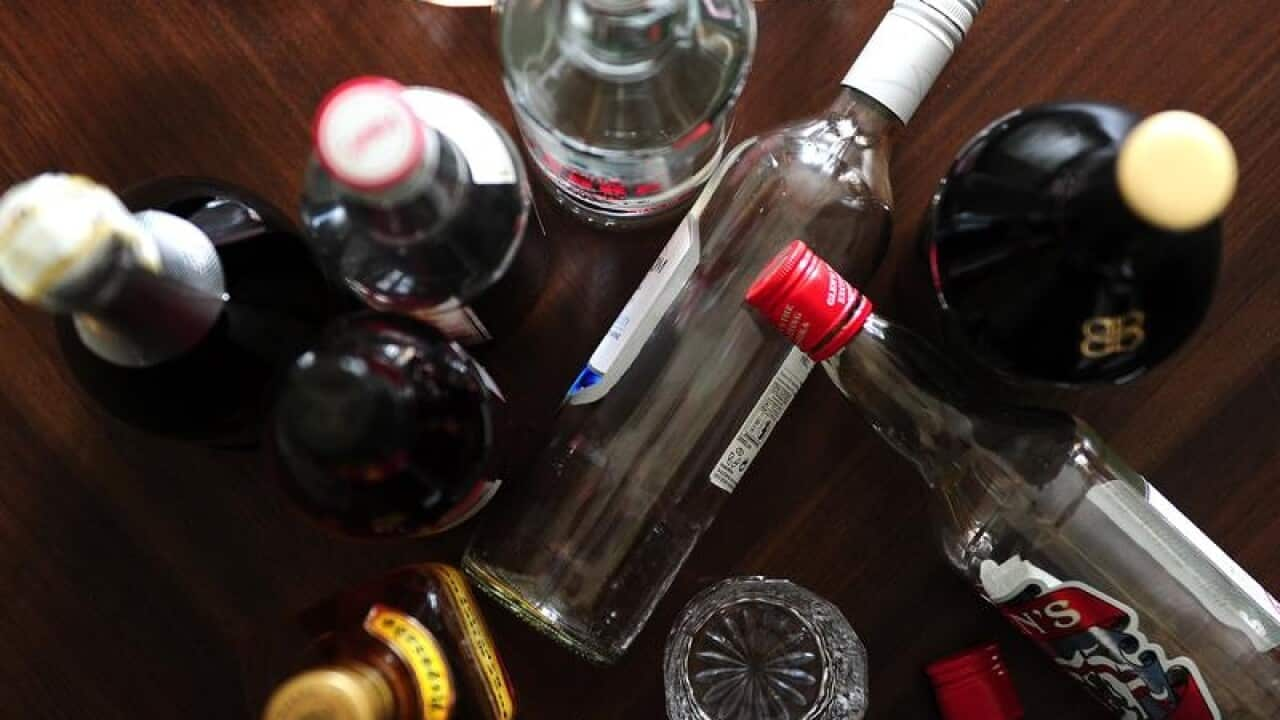The evidence clearly shows parents play a critical role in preventing teen drinking and should not supply their child with alcohol, says an Australian researcher.
A survey of more than 2800 South Australian students aged 12-17 has provided researchers with a snapshot on the prevalence of alcohol consumption among students and the factors that most influence their drinking behaviour.
"The most exciting finding that we had was that parents are a big factor in influencing teenagers' relationship with alcohol," said lead researcher Jacqueline Bowden from the University of Adelaide's School of Psychology and the Population.
That was regardless of their age, she noted.
According to the survey results published in journal BMC Public Health, most students had tried alcohol by the age of 16 and a third reported that they drank alcohol at least occasionally.
Across all ages, students were less likely to drink if their parents showed disapproval of underage drinking.
Teens were less likely to drink if they knew about the link between alcohol and cancer, yet only 28 per cent of students were aware of the potentially deadly association.
The survey also found cashed up students were more likely to drink.
While alcohol consumption among teens is on the decline across Australia, harmful use is still a serious problem, warns Ms Bowden.
"With alcohol contributing to four of the top five causes of death in young people, and a leading cause of cancer in our community, it's important for us to better understand drinking behaviour among young people so we can help to prevent or delay it."
Ms Bowden, a behavioural scientist, says parents can do more than they realise to delay alcohol consumption among the young.
Supplying teens with grog in the 'safety' of their own home is not the answer, says Ms Bowden.
"The weight of evidence suggests that this increases consumption, and is not recommended," he said.
"Our evidence shows that parents have a significant and substantial role to play, to help their kids develop a healthier relationship with alcohol early. Parents can set the boundaries and create clear expectations."
ADVICE FOR PARENTS
* Discuss alcohol use with their children, and the fact that not everyone drinks
* Get to know upcoming activities, such as parties, and set expectations for behaviour
* Reconsider drinking in front of children, as most alcohol is consumed by adults at home
* Have alcohol-free events
* Don't buy alcohol for adolescents or provide it at parties
* Set the right example









